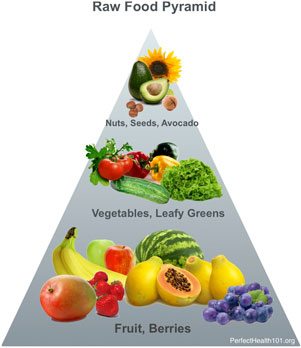04/03/2019 PARABLES
Matthew 7:16 You will know them by their fruits. Are grapes gathered from thorns, or figs from thistles? [Revised Standard translation]
Luke 6:43-44 “No good tree bears bad fruit, nor does a bad tree bear good fruit. Each tree is recognized by its own fruit. People do not pick figs from thornbushes, or grapes from briers….” [New International translation]
Summary
JESUS spoke and taught in parables. He used simple stories to illustrate a spiritual or moral lesson.
Parables cause one to use our “inner” nature. For example, parables generally evoke a visual picture “in our mind’s eye.” There is usually a story, with characters or familiar objects that we can visualize. Like snowflakes, no two visual pictures are the same. Each of us brings our own life experience visualizing the parable. Our past experiences serve as a backdrop to what we “see” or “do not see.” One person’s “fruit” tree may be different from another’s; one may “see” Concord grapes while another may envision green ones. What each of us brings to the parable, in terms of our “physical” and “spiritual” experiences, will vary as well.
Second, there are usually “layers” to a parable. They cause the hearer to think and ask questions. Some of the questions a hearer might ask include the following: 1) Why did JESUS tell this parable? 2) What lesson or message is JESUS conveying with this story? 3) Is HE talking to me or is HE talking to someone else? 4) Is HE talking about me or someone else? 5) Is the parable a warning? 6) To who is the warning directed? 7) What is the warning? 8) What is the solution? 9) What does JESUS want me to do? 10) What do I need to do or stop doing to avoid the bad fate in the parable? 11) Did I really get the “full meaning” of the lesson JESUS wants me to learn?
Third, parables often make hearers feel uncomfortable and exposed. They often cause the hearer to start to conduct an internal examination, trying to determine which “side” of the parable they fit---the “good side” or the “bad side.” For example, in the above parable, the hearer may ask: 1) Am I bearing good fruit or bad fruit? 2) Am I an unproductive tree or a productive one? 3) Is my “fruit” the “right kind of fruit” or just thistles or thorns? 4) If I am not a good tree or bearing good fruit, what will happen to me? Will JESUS “chop” me down? Will I get “tossed” in “the fire” like wood kindle? 4) What spiritual implications does this parable have for me?
The impact of a parable may vary. Like a puzzle, some hearers may find their hearts, minds and souls fervently grappling with the parable, searching for its inner meaning, like a person struggling to solve a crossword puzzle, going over and over the clues in the mind. Some hearers will just ignore the parable and continue on with life as if JESUS never said anything. Others may be “convicted” and pray that the MASTER TEACHER shows them the way, the truth and the light.


